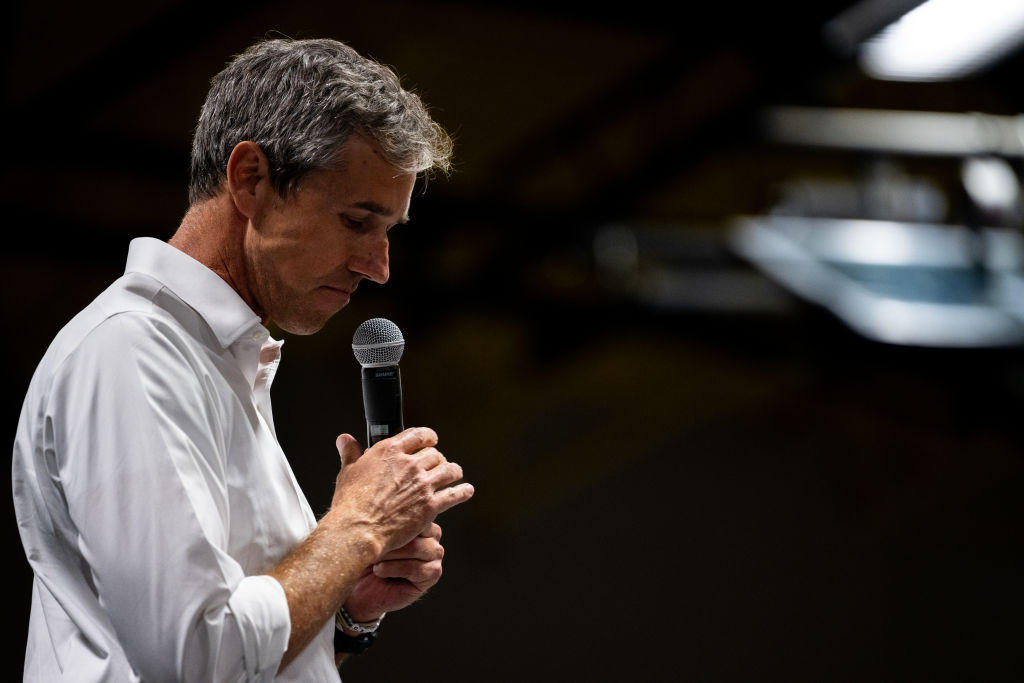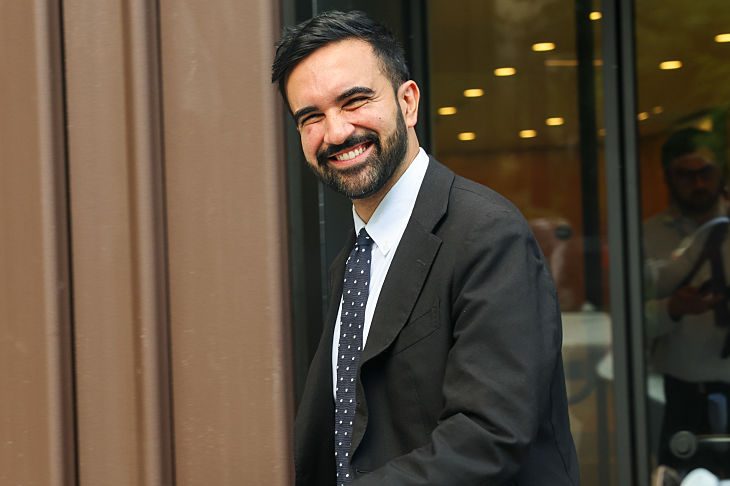“Vanity of vanities, saith the preacher; all is vanity” may very well be the epitaph of Gavin Newsom’s political career when he leaves office in January 2027. Driven by his presidential ambitions, California’s governor is torching a quarter-billion taxpayer dollars on a redistricting scheme that would make Elbridge Gerry himself blush. What Newsom calls “fighting Trump,” voters increasingly recognize as #GavinMandering, a transparent attempt to override the independent redistricting commission they approved to end exactly this kind of political manipulation.
The political implications are staggering, not just for California but for the future of Democratic Party credibility nationwide. If the nation’s bluest state balks at dismantling fair redistricting, it raises serious doubts about the Democratic Party’s commitment to small-d democratic norms.
Here’s what should terrify Democratic strategists: despite overwhelming Democratic registration advantages and a new tranche of money from George Soros, polling suggests that voters are split on Newsom’s redistricting power grab, spending massive sums to redraw congressional maps that an independent commission already completed in 2022. For many voters, this is about process integrity, not partisan preference.
Californians remember why they created the independent redistricting commission in the first place. After decades of gerrymandered districts that protected incumbents and ignored competitive elections, voters demanded reform. They got it through Proposition 11 in 2008 and Proposition 20 in 2010, establishing a 14-member commission with equal Republican, Democratic, and independent representation. Voters also handily rejected Proposition 27, a plan to dismantle the commission entirely, proof that the system has broad bipartisan legitimacy.
Now Newsom wants to scrap the independently drawn maps that were constructed over a year with thousands of hours of input from every interest group in the state for nakedly partisan reasons. His justification? Other states like Texas engage in gerrymandering, so California should, too. This race-to-the-bottom argument reveals everything wrong with modern political leadership, sacrificing principle for short-term tactical gain.
The legislative process surrounding this redistricting push in Sacramento has been a masterclass in obfuscation. Democratic lawmakers’ public responses sounded more like word salads than thoughtful deliberation. When this process began several months ago, not one Democratic legislator wanted to admit who determined where the final wobbly lines would be drawn. Behind-the-scenes consultants and supposedly neutral officials turned out to be partisan players, undermining confidence in the entire independent process.
This lack of transparency undermines any claims about good governance and feeds voter cynicism. When politicians won’t answer simple questions about who dictated where the data guy should draw district lines, why should those voters trust them?
Newsom’s redistricting gambit represents a fundamental misreading of California’s political moment and the Democratic Party’s national trajectory. The governor positions himself as Trump’s chief antagonist, adopting a resistance posture that may play well with progressive donors but increasingly alienates moderate voters who want effective governance over political theater.
By catering to activist bases of the far-left fringe, Democrats risk losing the pragmatic center that once made California the economic envy of the world.
Instead of focusing on California’s real challenges with housing costs, public safety, education outcomes, and infrastructure needs, Newsom is expending scarce political capital and taxpayer money on a cynical scheme designed to boost his national profile.
Beyond political and fiscal implications lies a deeper constitutional issue. When politicians override voter-approved independent processes for partisan gain, they undermine the foundational principle that the people should determine electoral rules rather than defer to the political elites who caused the problem in the first place.
California voters have repeatedly chosen independent redistricting to remove politicians from map-drawing decisions. Newsom’s end-run around this process sends the dangerous message that voter preferences matter only when they align with political ambitions. This precedent threatens democratic norms far beyond redistricting.
Constitutional attorney Mark Meuser has outlined the legal complexities Newsom won’t honestly address, particularly regarding federal court oversight and interstate redistricting disputes. The governor’s simplistic “Texas did it first” narrative ignores these legal realities and not only puts California’s federal relationships in serious jeopardy, but risks alienation from Democratic partners in other states who are sure to lose congressional power in reflexive redistricting battles.
California deserves better. Voters may not totally appreciate the arguments for principled governance, but they should be able to see through political opportunism.
“Vanity of vanities,” indeed. California voters are going to render a verdict that will reflect poorly on Newsom regardless of how Proposition 50 fares at the ballot box. Democrats nationwide should take notice. Americans want leaders, not schemers. California shows what happens when ambition comes before service and it isn’t pretty.


























Leave a Reply